
Article
The End of China’s Economic Miracle
How Beijing’s Struggles Could Be an Opportunity for Washington
Foreign Affairs,
2023
Recommendation
The Chinese Communist Party is increasingly managing China’s economy via diktat, writes economist Adam S. Posen in this enlightening essay. He notes the long-term risks of this conduct for the global and Chinese economies: Excessive interference has reduced the ordinary Chinese citizen’s willingness to invest and spend locally, and simmering discontent, Posen predicts, could push more investment overseas, to other nations’ benefit. Executives, investors and students of political economy will find this an intriguing look at one aspect of China’s emerging economic challenges.
Summary
About the Author
Adam S. Posen is the president of the Peterson Institute for International Economics.
By the same author
Article
Article
Learners who read this summary also read
Article
Article
Article
Article









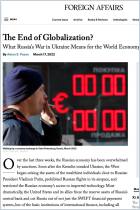
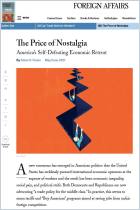
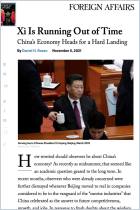
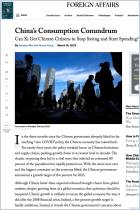
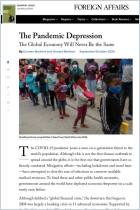
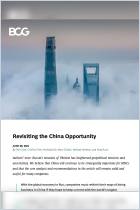
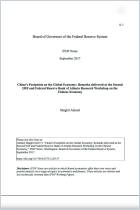



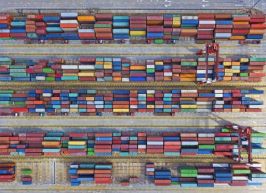

Comment on this summary or Diskussion beginnen